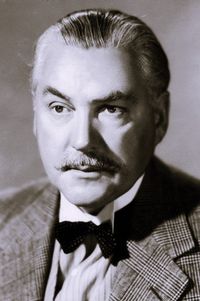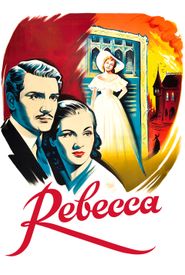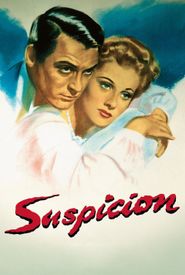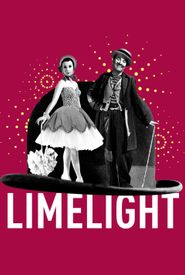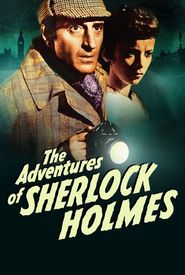Nigel Bruce, a talented British actor, was born in Mexico to Sir William W. Bruce, an engineer, and was part of the English aristocracy, with his family holding a baronetcy since 1629. He was educated in England at Grange, Stevenage, and Abingdon before starting his career at a stockbroker's firm. During World War I, he served in the British Army, where he received a serious leg wound and was confined to a wheelchair for some time.
After his discharge, Bruce turned to acting in 1919, but it wasn't until 1929 that he achieved a breakthrough in Noël Coward's 'This was a Man' on Broadway. He then starred in the 1931 comedy "Springtime for Henry," which led to him being cast in the 1934 movie adaptation. This performance earned him the opportunity to reprise his role as Johnny Jelliwell, and soon after, he was cast as British detective Bertram Lynch in the minor thriller "Murder in Trinidad" (1934).
The New York Times Review praised Bruce's performance as "compelling," and he went on to star in a series of endearingly stereotypical 'Britishers' roles, including Squire Trelawny in "Treasure Island" (1934),the Prince of Wales in "The Scarlet Pimpernel" (1934),Professor Holly in "She" (1935),and Sir Benjamin Warrenton in "The Charge of the Light Brigade" (1936). All of these roles were familiar territory for Bruce, who felt at home playing these parts.
In 1939, Bruce teamed up with Basil Rathbone for the first two Holmes/Watson movies, "The Hound of the Baskervilles" (1939) and "The Adventures of Sherlock Holmes" (1939),which were filmed at 20th Century Fox. The chemistry between the two stars was just right, and they went on to make a further series of twelve Holmes pictures at Universal. Bruce also appeared in two Hitchcock classics, "Rebecca" (1940) and "Suspicion" (1941),and was a prominent member of the resident English colony in Hollywood, even captaining the cricket club established by fellow actor C. Aubrey Smith in 1932.
